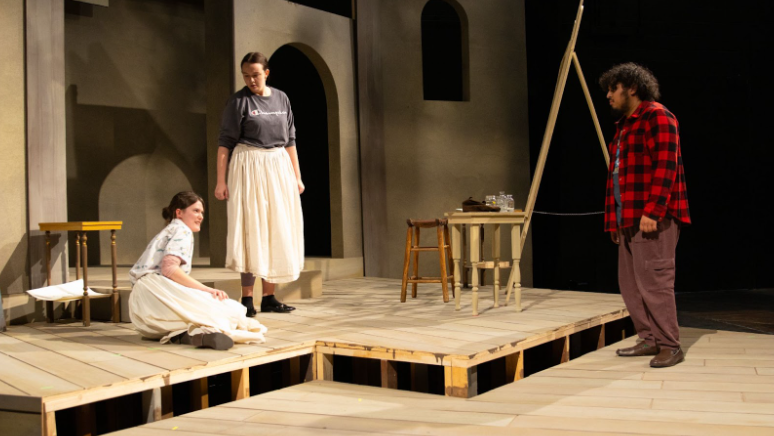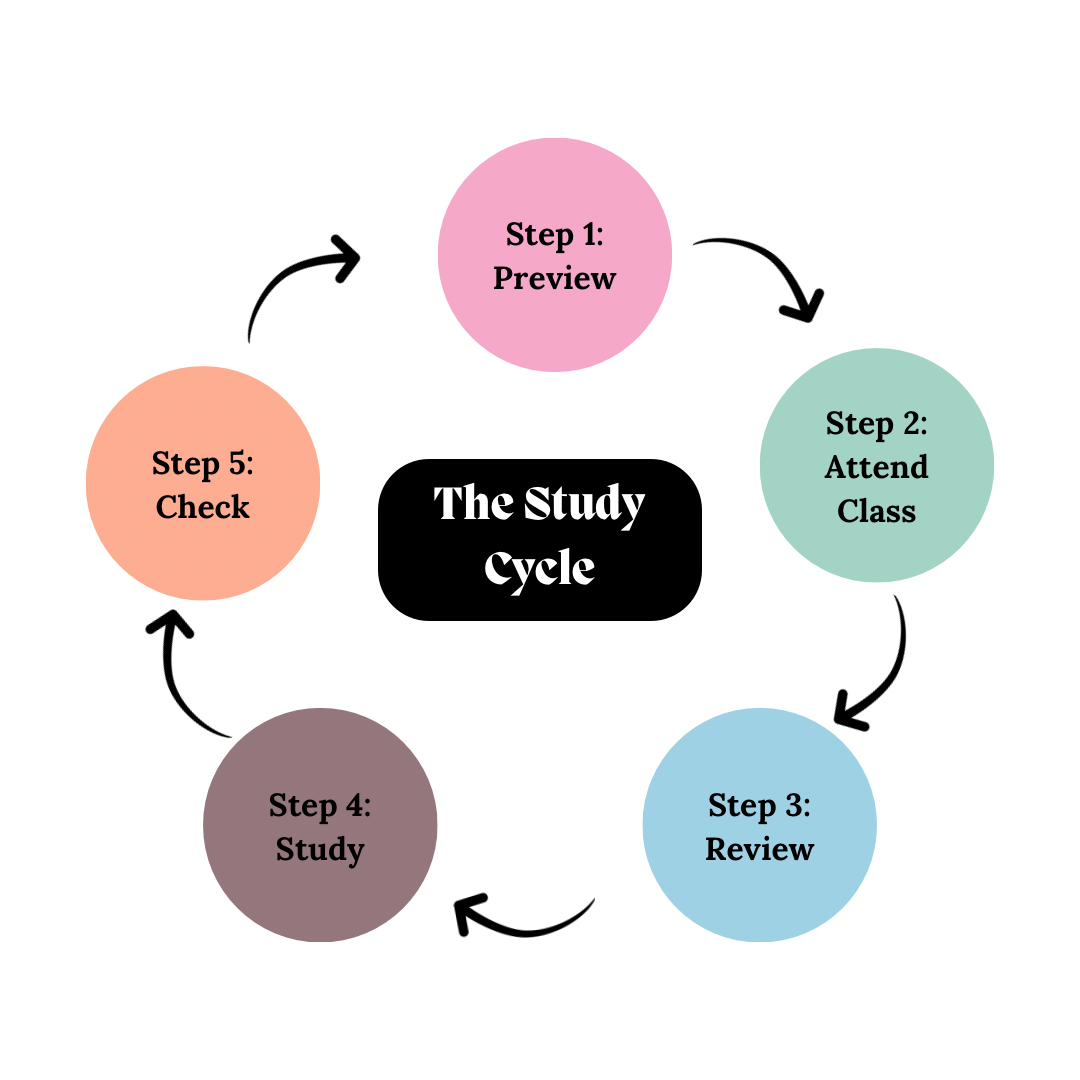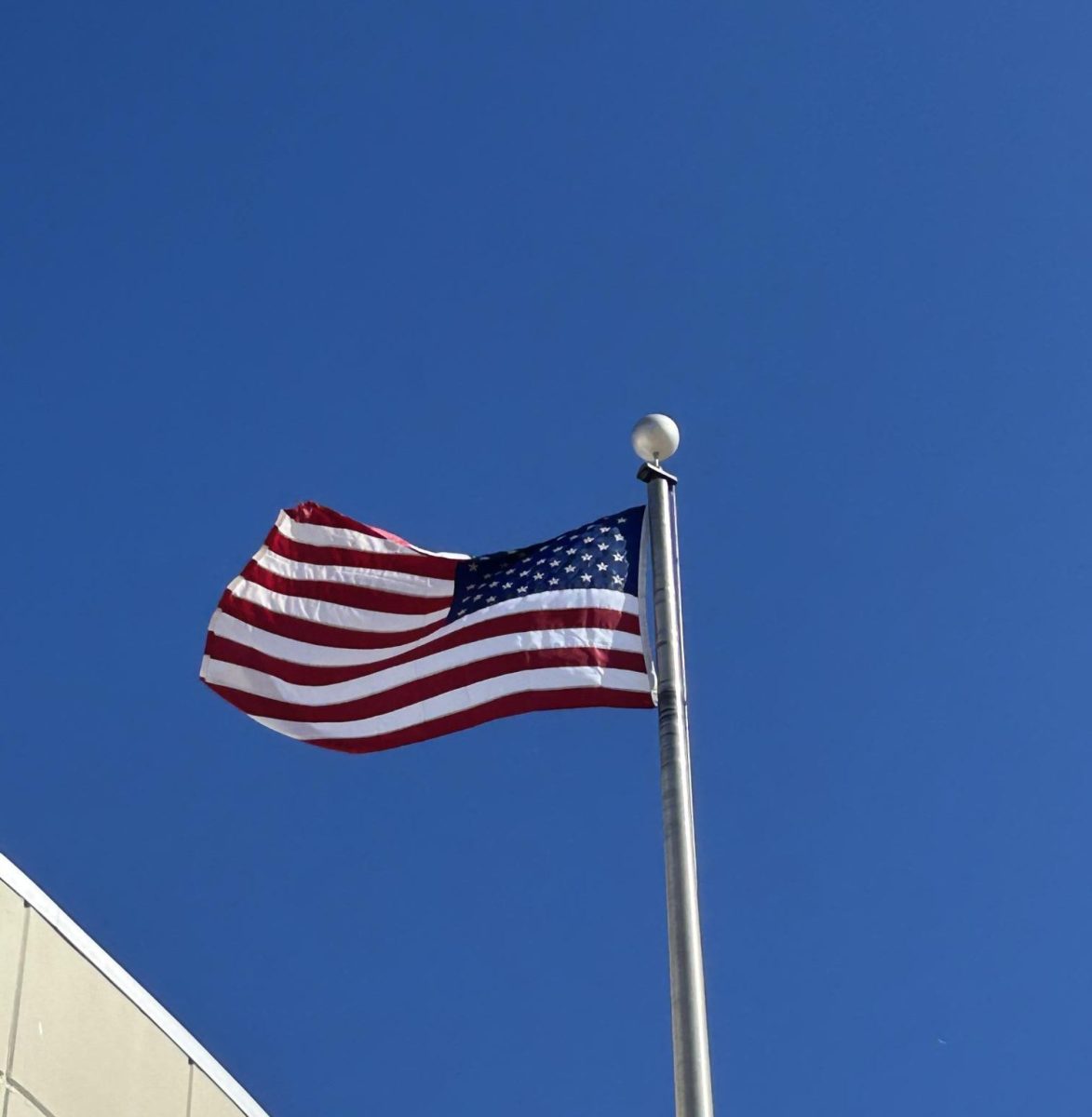
The American College of Sports Medicine Spring Lecture Tour will be held on April 1 at WTAMU with physiologist Dr. William H. Cooke as the guest speaker. The lecture will be in the JBK Legacy Hall at 1:30 p.m.
“The Texas Chapter of the American College of Sports Medicine is the local arm of a national scientific society that seeks to promote scientific and clinical knowledge in the fields relating to sports and exercise,” Jorge Granados, graduate assistant of the Human Performance Research Laboratory, said. “Each year, the chapter hosts a spring lecture tour, presenting one distinguished speaker to visit and connect with students and faculty across multiple Texas universities.”
The lecture will be about “Humans Under Pressure: Studies of Autonomic Cardiovascular Control with Applications to Traumatic Injury,” and some students believe it will be beneficial to anyone who attends.
“Even though the lecture may be over one specific topic, I think it could benefit all students that show up,” Tanner Dennis, senior Sports and Exercise Science major, said. “I think it could really benefit students focused on the athletic training part of S.E.S.”
With the array of activities and events planned ahead, some students such as senior Sports and Exercise Science major, John Block, find themselves unable to make it to this year’s lecture. However, Block is still assured that those who attend will be able to learn something.
“I wouldn’t mind attending [the lecture], but will probably not have time to this year. However, I would imagine the event to be very beneficial to other WT students,” Block said.
William Cooke received his B.S. and M.A. degrees in Human Performance from the University of Houston-Clear Lake and his Ph.D. in Kinesiology/Exercise Physiology from Texas A&M University. He completed post-doctoral training in the department of Internal Medicine, Division of Cardiology, at the Medical College of Virginia at Virginia Commonwealth University. His primary research interest is the autonomic regulation of human cardiovascular function.
“Although Dr. Cooke’s research can be extremely technical, he has assured that this presentation will only cover basic introductory principles of autonomic regulation, making it extremely student friendly. This will help expose students to academic research and open their eyes to potential careers,” said Granados.
Dr. Cooke has been funded continuously since his first academic appointment in 1999. His work has been supported by the American Heart Association, the National Institutes of Health, the National Aeronautics and Space Administration, and the Department of Defense. He has authored or co-authored over 70 peer-reviewed publications and has given invited seminars and plenary talks in Russia, Finland, Hungary, Germany, Austria, and Japan.







